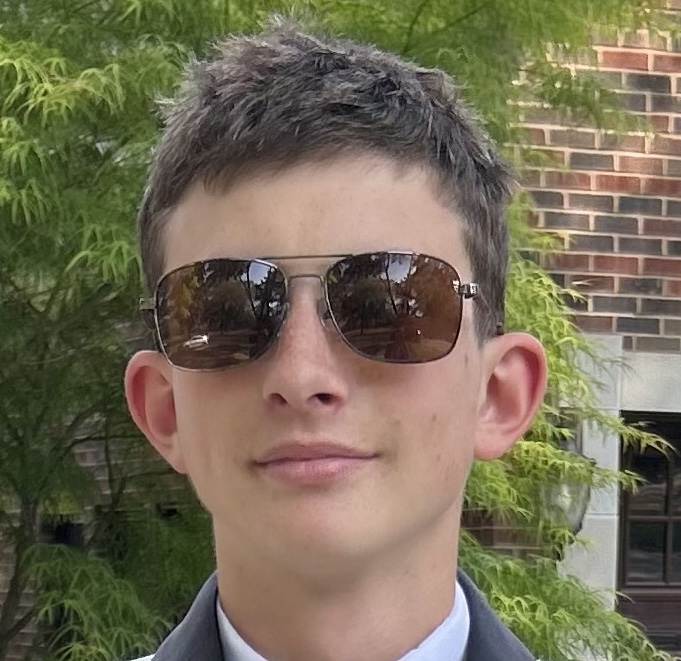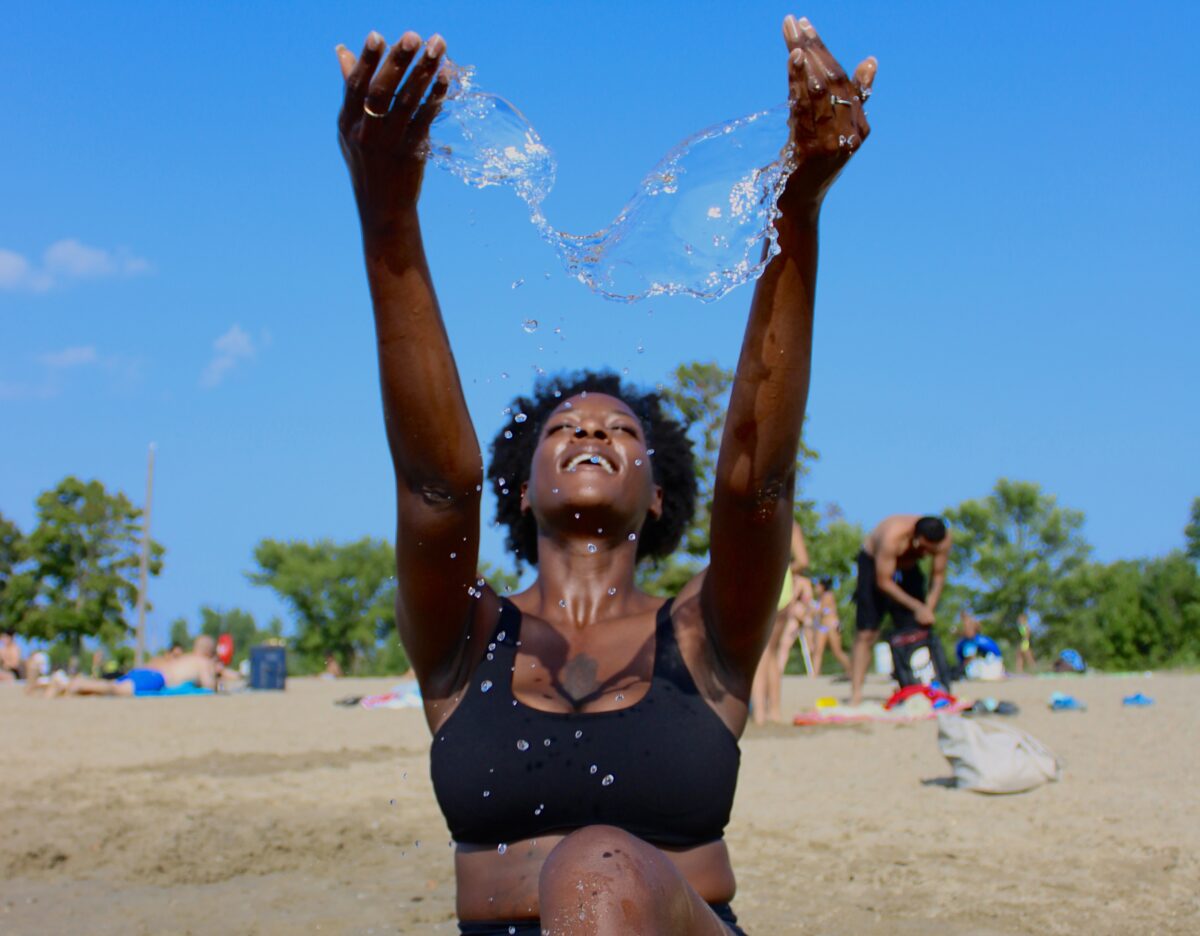by Luke Jahnke
Each morning, before the sun fully rises, a quiet motion stirs at pools across the country. For Americans over 65, swimming has become more than a routine. It has become a medicine, movement, and in many cases, a lifeline to independence.
Many seniors find benefits in swimming. Swimming is a low-impact, physically challenging activity that takes focus and discipline. As adults age, swimming provides them with a way to stay active and social, which can improve their quality of life. Swimming is linked to both cognitive and physical benefits, such as reducing stress, improving social connections and overall fitness.
Swimming offers a unique combination of cardiovascular exercise and low-impact movement, making it especially effective for older adults with joint pain or mobility issues.
“Swimming is a great form of exercise. It’s very good from the cardio perspective; it’s a good way to get your heart rate up. It’s also good because many seniors suffer from osteoarthritis. They have wear and tear of joints, especially in hips and knees,” says Dr. Sean Drake, an internal medicine physician with Henry Ford Hospital and the Program of All-Inclusive Care for the Elderly, or PACE.
PACE works with geriatric patients to try to keep them out of hospitals and rehab centers. “One of the big challenges as we get older is things like loss of muscle mass, but also osteoporosis, or the loss of bone mass,” Drake says. “Many of my older patients, when they have really bad arthritis in weight-bearing joints, find swimming as something that they still can do.”
A study published in the journal Gerontology and Geriatric Medicine in 2021 backs up this claim. The study explored the motivations of swimming in older swimmers around the ages of 60 to 80. The study found that seniors who swam were healthier, more social, and overall happier, even when faced with conflicts. Swimming created connections for seniors, helped them maintain their physical and mental health, and created a stress-free, enjoyable environment.
“It’s enjoyable, especially outside,” says Bruce Tabashneck, a 77-year-old swimmer and Huntington Woods resident. “I used to run, but I can’t run anymore, so I swim.”
Tabashneck has been swimming for the past 15 years. Every day, he goes to his local pool and swims 10 laps. After the swim, he says he feels “better than good.” He used to swim before he went to work to help motivate him for the day. Overall, he says he’s in a much better mood since he started swimming.
Seniors have many reasons they don’t swim, though. There can be conflicts, such as financial reasons, pool availability, finding time and weather. Luckily, there are many programs out there for seniors that allow them to get in the water.
Sean Peters runs one. Peters is the head swim coach and leader of a program at the Huntington Woods Aquatic Club called Masters Swim. Masters Swim was founded in the early 2000s at the club when a group of adults requested its introduction. It started small, but later took off, and today with around 50 members.
“Masters Swim is an outlet for exercise and being social with your peers, where you still love participating in the sport of swimming,” Peters says. It’s welcoming of all ages, with most members being in their 40s and 50s.
Every day, a practice is held at the Huntington Woods pool, where adults get a workout in or train for competition. Peters has coached all ages, including an 82-year-old woman who was a national record holder.
“She was very sharp in her mind, very willing to do the sets I had everyone else do,” Peters says. “Sometimes you forget she’s that age because she keeps up with the swimmers around her who are half her age.”

This piece is part of the Detroit Journalism Summer Camp, run by The Detroit Writing Room in partnership with Planet Detroit.

Luke Jahnke is a student journalist. He is 17 years old and lives in Huntington Woods, Michigan. He is a senior at Berkley High School, where he works on The Spectator, his school’s newspaper. He plays soccer and rugby, and he does cross country and swim with his school. He loves music, nature, food and movies. He wanted to become a journalist because he loved writing and loved talking to his parents about journalism. He wants to go to Michigan State for journalism after high school.


